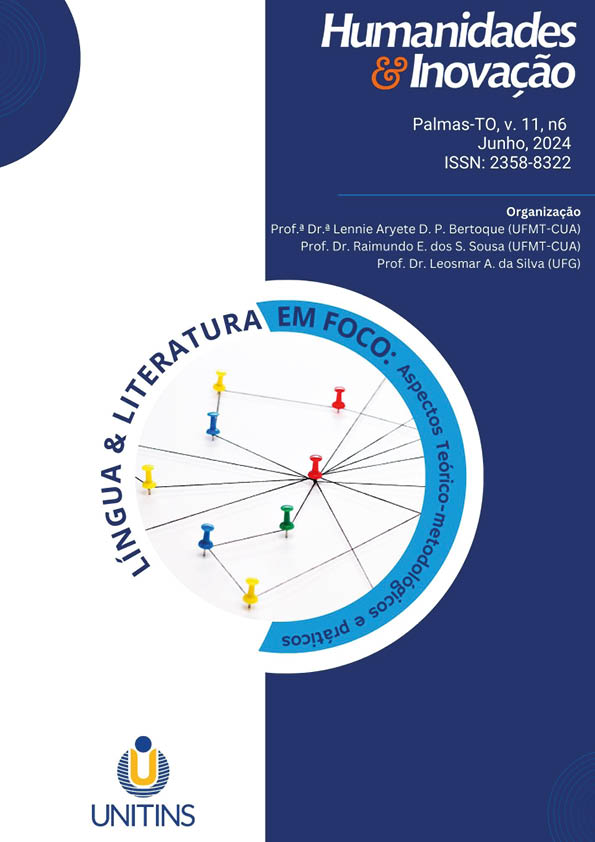EM NOME DO INCONTROLÁVEL NA EDUCAÇÃO
Abstract
Este trabalho tem por objetivo contrastar duas visões bastante diferentes acerca do ato educativo, trazendo, inicialmente, uma descrição panorâmica das intituladas “aprendizagens visíveis”, desenvolvidas por John Hattie, professor da Universidade de Melbourne, na Austrália, cuja obra se tornou uma espécie de senso comum presente no discurso educacional brasileiro, a fim de, num segundo momento, colocá-la sob a lente crítica das contribuições do campo da psicanálise na educação, defendidas pelo professor Leandro de Lajonquière, da Universidades de São Paulo, no Brasil, e da Universidade Paris 8, na França. Ao final, esperamos concluir este artigo apontando uma espécie de ressignificação às práticas educacionais, em contraposição ao discurso hegemônico em voga na rede básica de ensino brasileira.
References
DE LAJONQUIÈRE, Lenadro. Infância e ilusão (psico)pedagógica. Petrópolis, RJ: Vozes, 1999.
_________. Sobre a irremediável educação. Estudos de Sociologia, Araraquara, v. 27, n. esp. 2, e022018, 2022.
FREUD, Sigmund. Tótem y Tabú [1912-13]. In: FREUD, S. Obras completas. Madri: Biblioteca Nueva, 1973a. v. 2, p. 1745-1850.
HATTIE, John. Visible learning: a synthesis of over 800 meta-analyses relating to achievement. London: Routledge, 2009.
_________. Aprendizagem visível para professores: como maximizar o impacto da aprendizagem. Porto Alegre: Penso, 2017.
ITARD, Jean. Victor de l’Aveyron [1801]. Paris: Éditions Allia, 1994.
KELLER, Hellen. The story of my life – with her letters (1887-1901) and a supplementary account of her education, including passages from the reports and letters of her teacher, Anne Mansfield Sullivan. New York: Doubleday Page & Company, 1903.
LACAN, Jacques. Le Séminaire. Livre XX - Encore [1972-1973]. Paris: Editions du Seuil, 1975.
Copyright Notice
The submission of originals to this periodic implies in transference, by the authors, of the printed and digital copyrights/publishing rights. The copyrights for the published papers belong to the author, and the periodical owns the rights on its first publication. The authors will only be able to use the same results in other publications by a clear indication of this periodical as the one of its original publication. Due to our open access policy, it is allowed the free use of papers in the educational, scientific and non-commercial application, since the source is quoted (please, check the Creative Commons License on the footer area of this page).











